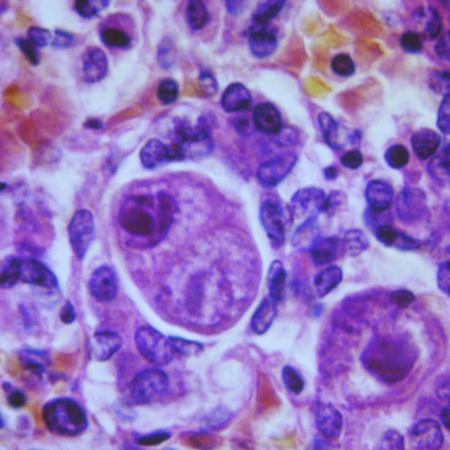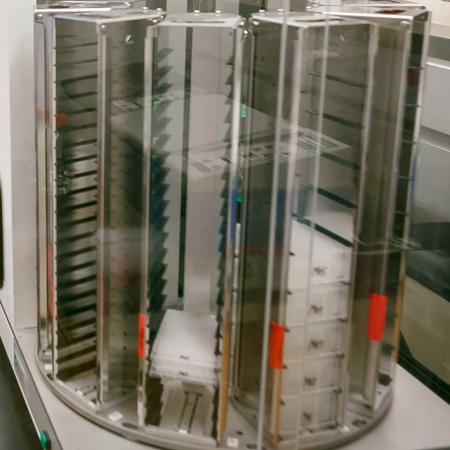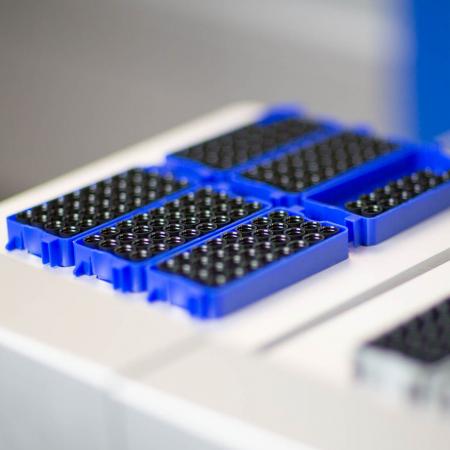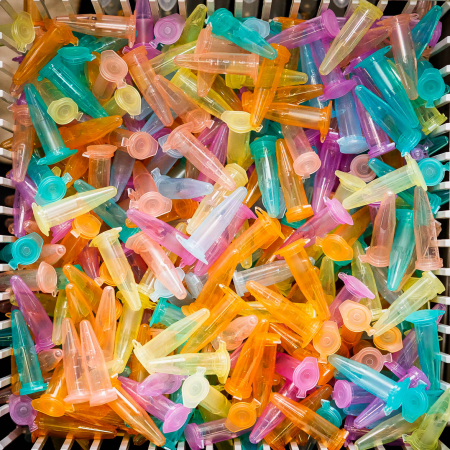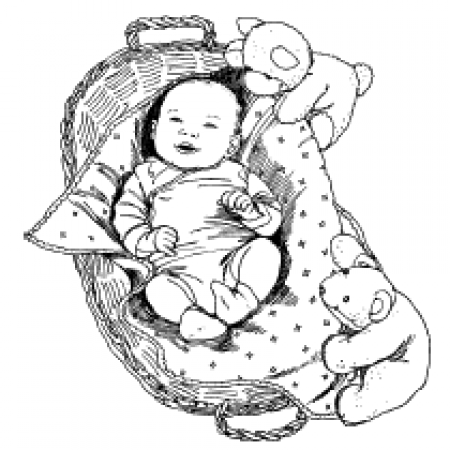Newborn screening refers to medical tests, the majority of which are genetic, performed to identify babies with certain disorders, which without intervention, may permanently impact newborns and their families. Early recognition and treatment of most of these disorders leads to a better outcome for the newborn. The Newborn Screening Program’s goal is to help affected babies live as long and normal of a life as possible.
The Newborn Screening Program effectively identifies babies with certain disorders and is required for all newborns born in New York State unless the parents confirm, in writing, that they have a religious objection.
Quick Facts about Newborn Screening:
- A small blood sample is collected by pricking your newborn’s heel usually 24-36 hours after birth.
- The blood is used to screen for 50 different disorders.
- There is no charge to you for this service.
- Most newborns will not have one of these disorders.
- Newborns with one of these disorders may look healthy at birth, which is why the testing must be performed to find those with a disorder. The earlier treatment is started, the better the outcome is for your newborn.
- Screening is designed to identify all newborns with the potential for one of these disorders. Further testing is then required to verify whether or not your newborn has the disorder.
We work closely with health care providers to ensure newborns with abnormal test results receive appropriate confirmatory diagnoses and treatment.
No test is perfect. If your newborn’s healthcare provider suspects there is a problem or your newborn does not seem right despite a normal newborn screening result, your newborn may need further testing.
